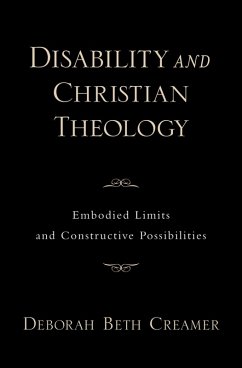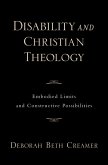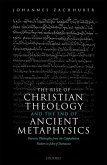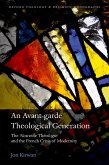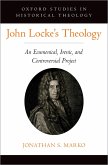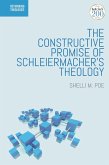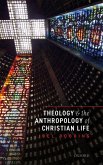Attention to embodiment and the religious significance of bodies is one of the most significant shifts in contemporary theology. In the midst of this, however, experiences of disability have received little attention. This book explores possibilities for theological engagement with disability, focusing on three primary alternatives: challenging existing theological models to engage with the disabled body, considering possibilities for a disability liberation theology, and exploring new theological options based on an understanding of the unsurprisingness of human limits. The overarching perspective of this book is that limits are an unavoidable aspect of being human, a fact we often seem to forget or deny. Yet not only do all humans experience limits, most of us also experience limits that take the form of disability at some point in our lives; in this way, disability is more "normal" than non-disability. If we take such experiences seriously and refuse to reduce them to mere instances of suffering, we discover insights that are lost when we take a perfect or generic body as our starting point for theological reflections. While possible applications of this insight are vast, this work focuses on two areas of particular interest: theological anthropology and metaphors for God. This project challenges theology to consider the undeniable diversity of human embodiment. It also enriches previous disability work by providing an alternative to the dominant medical and minority models, both of which fail to acknowledge the full diversity of disability experiences. Most notably, this project offers new images and possibilities for theological construction that attend appropriately and creatively to diversity in human embodiment.
Dieser Download kann aus rechtlichen Gründen nur mit Rechnungsadresse in A, B, BG, CY, CZ, D, DK, EW, E, FIN, F, GR, HR, H, IRL, I, LT, L, LR, M, NL, PL, P, R, S, SLO, SK ausgeliefert werden.

